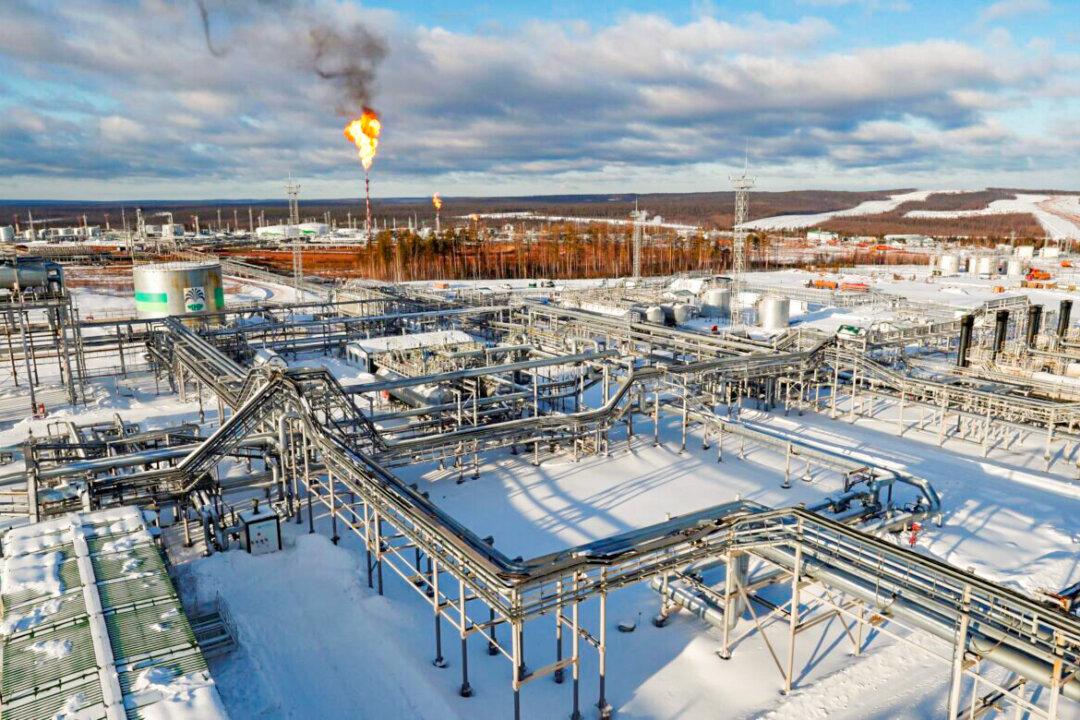A senior European Union official said Tuesday that the bloc plans to cut Russian oil and gas imports to zero by the end of 2027, with his remarks coming as EU leaders continue to deliberate on moves to accelerate reducing the region’s dependence on Russian energy.
EU Economic Commissioner Paolo Gentiloni told Italian daily Il Messaggero in an interview published Tuesday that European Union aims to reduce its dependence on Russian oil and gas by two-thirds by the end of this year and phase it out completely by the end of 2027.





